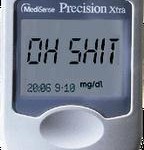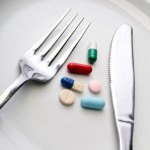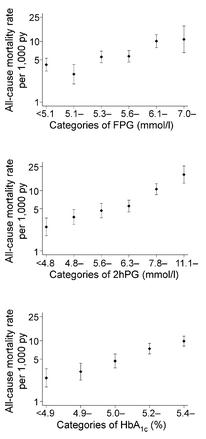The great Dr. Schoeller can polish a turd like no other. Dale Schoeller’s claim to fame is his extensive work on one of the best ways to measure total energy expenditure in free-living individuals: doubly-labeled water. In doubly-labeled water, subjects drink stable isotope-labeled water; instead of hydrogen + oxygen = H20, the stable isotope-labeled water is deuterium + oxygen-18 = D218O. Deuterium is excreted just like hydrogen, in water as urine & sweat. Oxygen-18 is excreted just like oxygen, in water and carbon dioxide. So the subjects lose deuterium & oxygen-18 in water at equal rates, but only oxygen-18 in carbon dioxide; so this technique basically measures carbon dioxide production, which is proportional to energy expenditure. Clever. 
Being that Schoeller practically invented the technique, his interpretation of these total energy expenditure data are not flawed, but that’s not where he went astray.
Alterations in energy balance following exenatide administration (Bradley et al., 2012)












